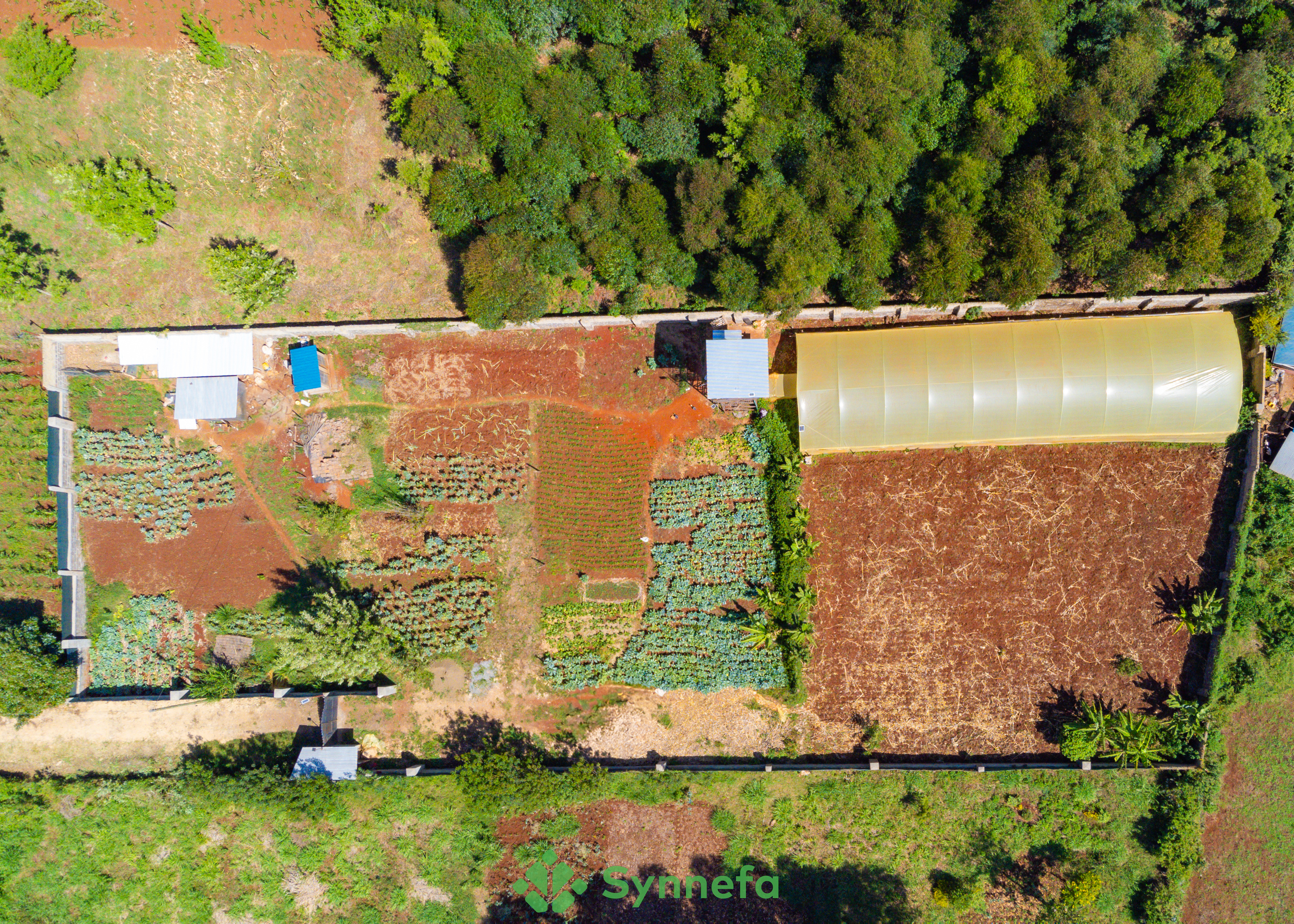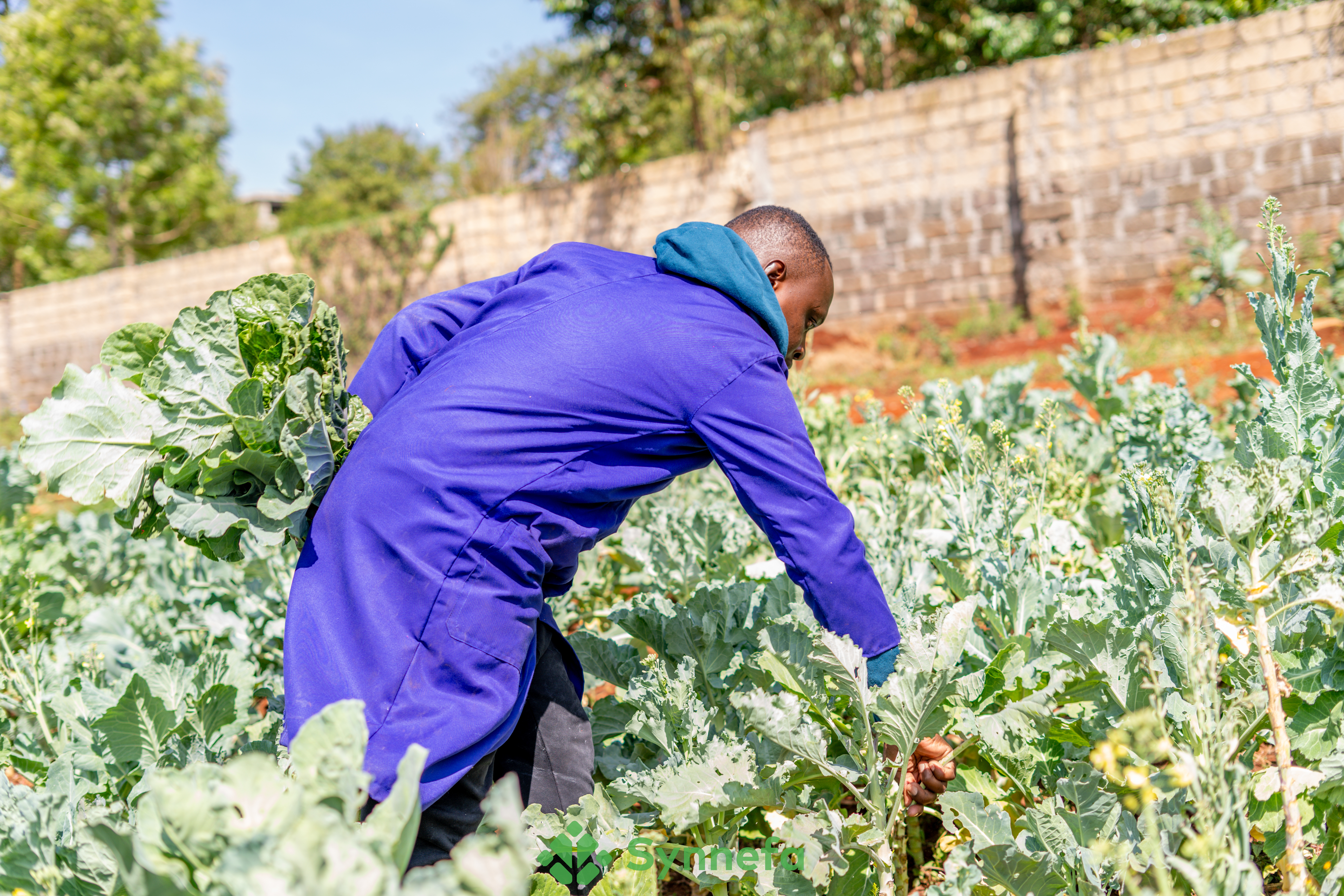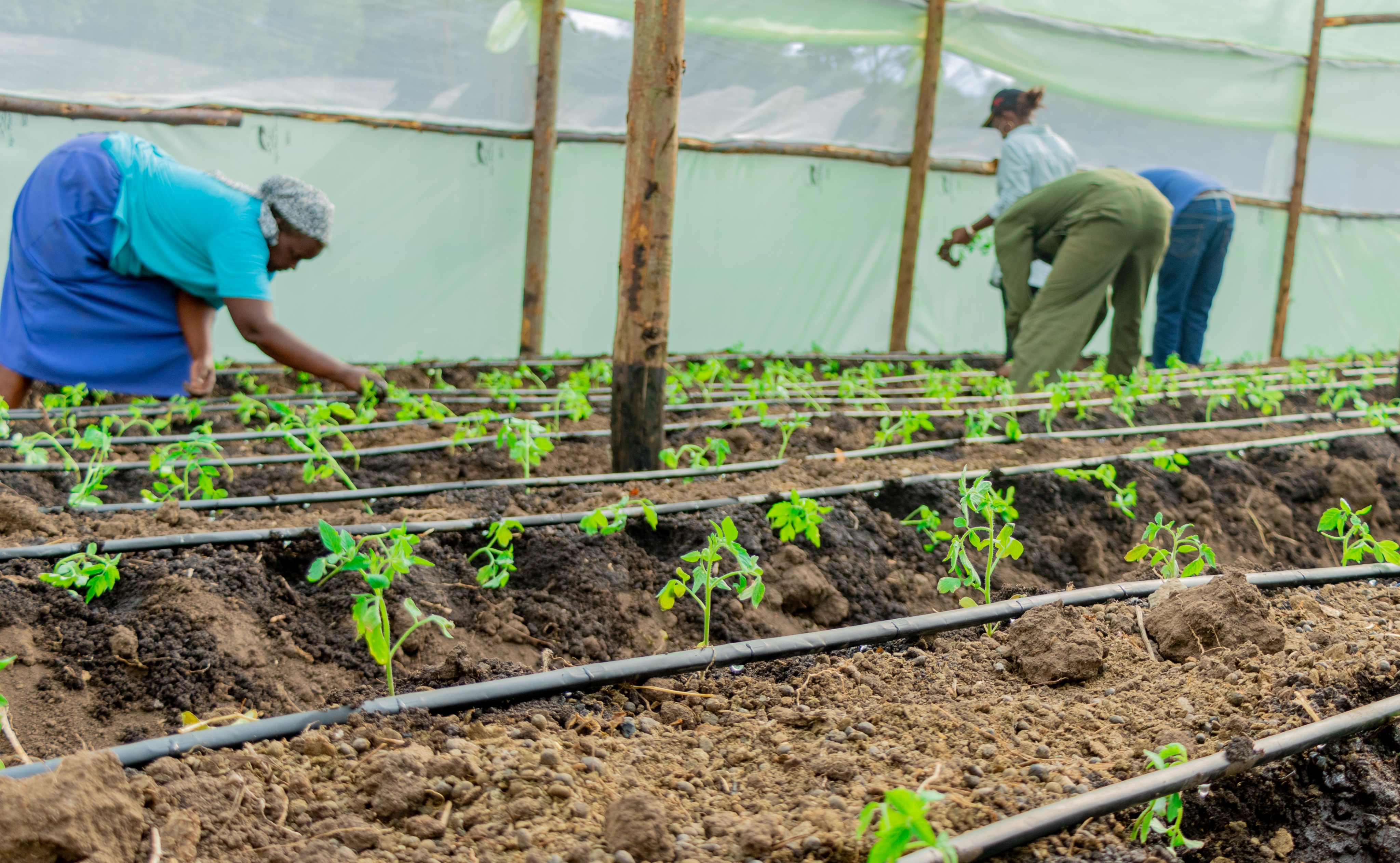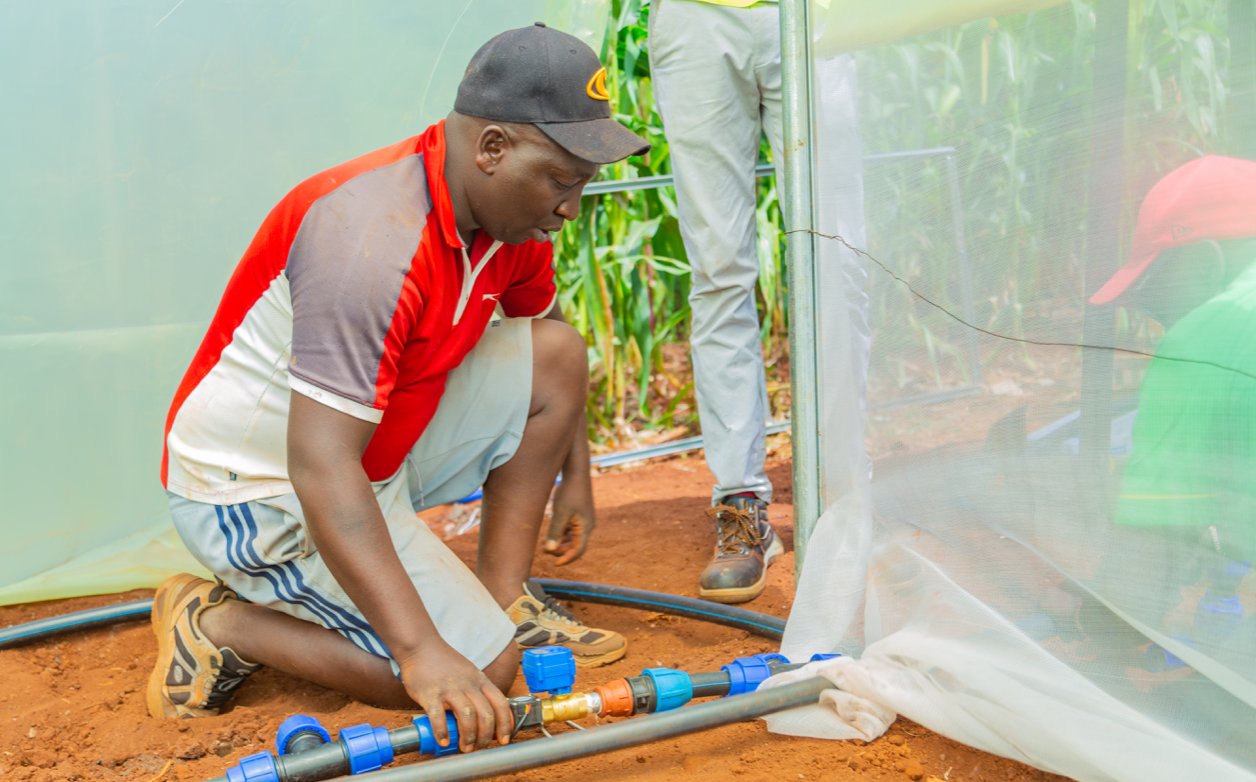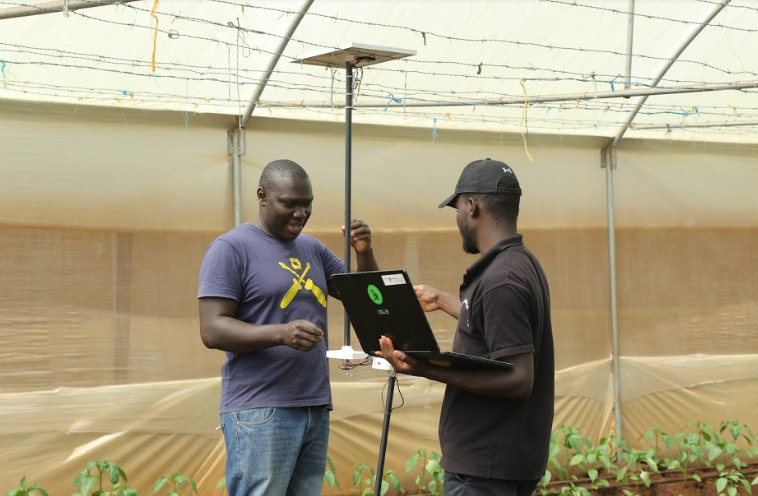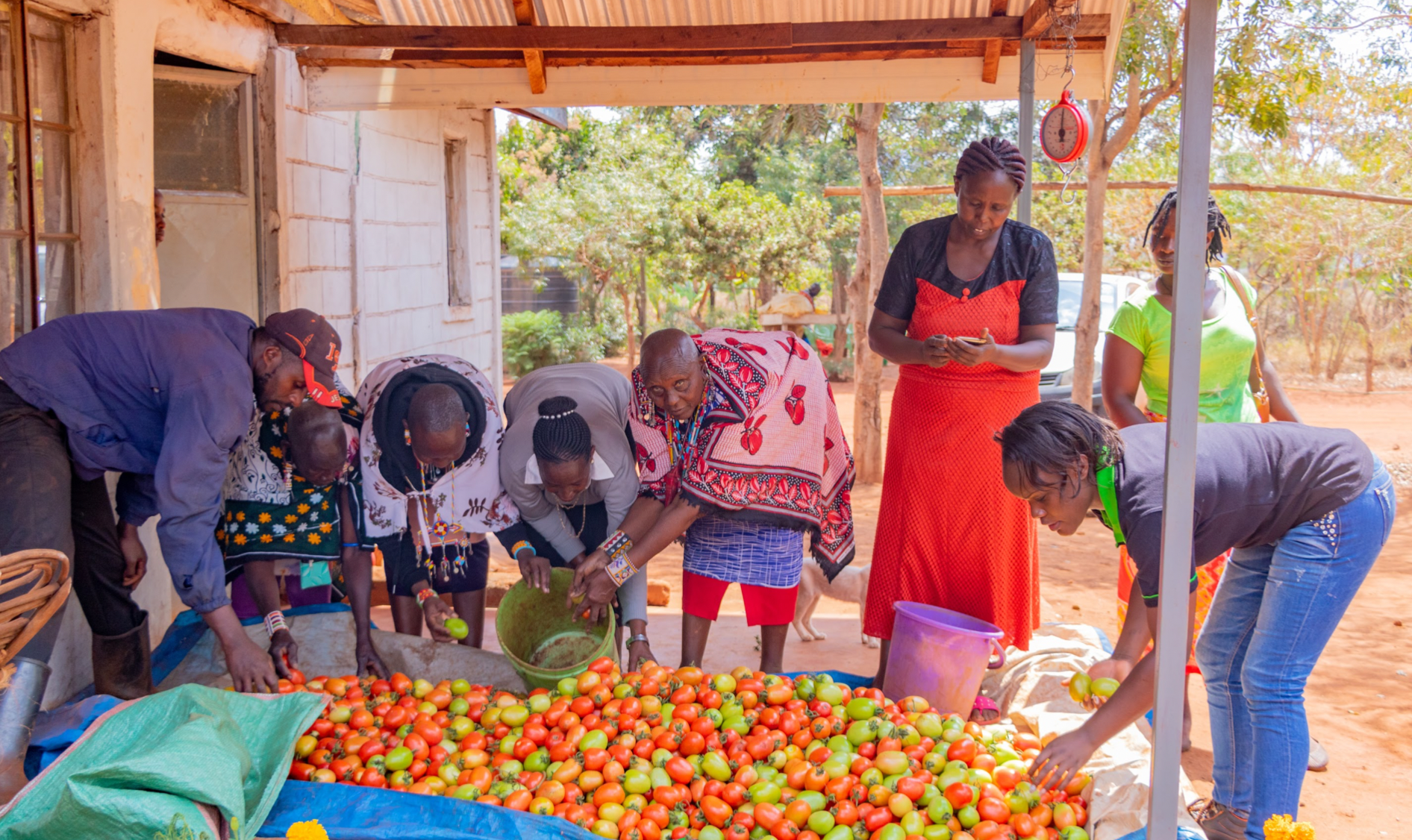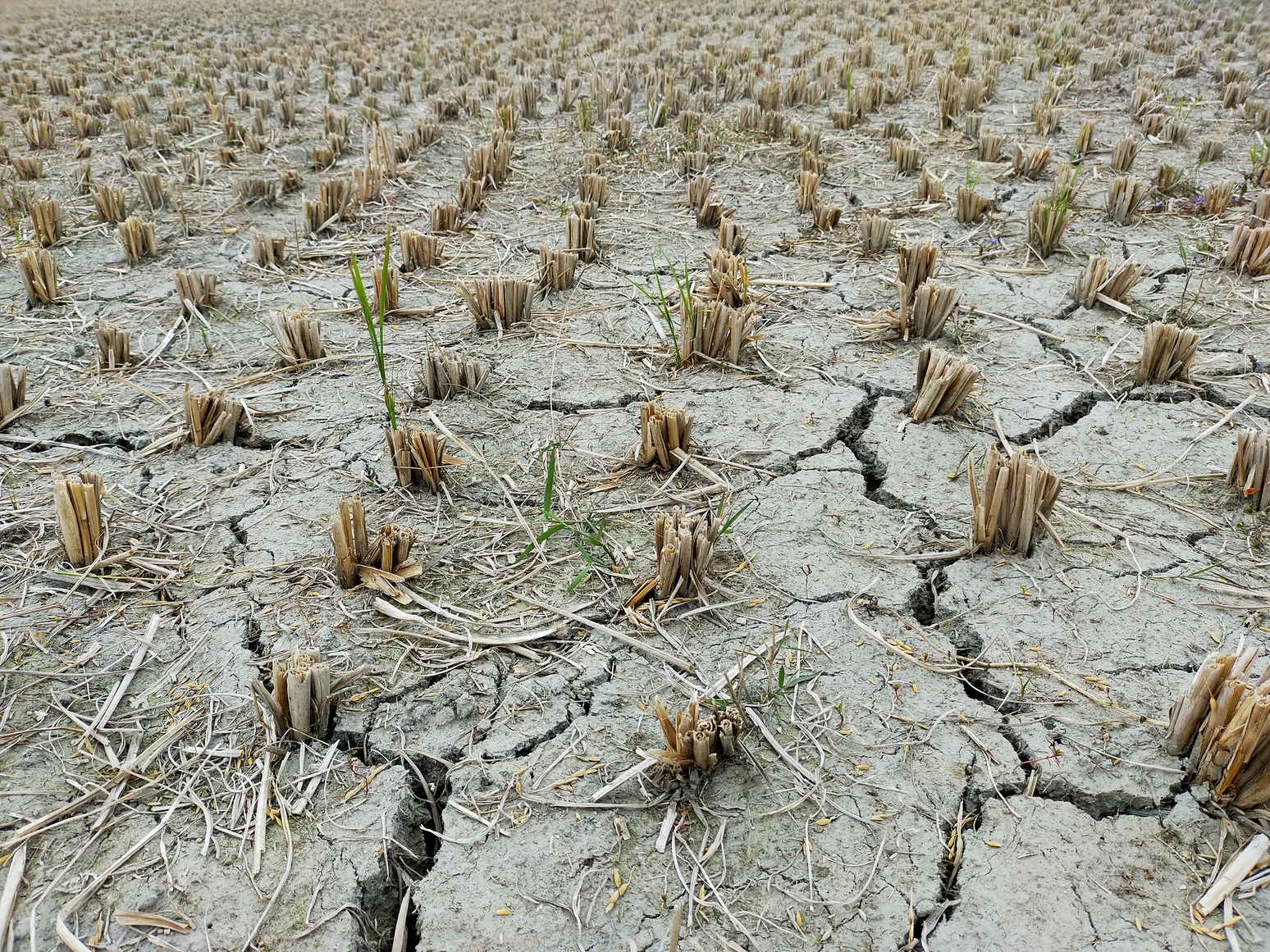It has been raining in some parts of Kenya for a while now and farmers and agriprenuers have been impacted in various ways. As the rainy season approaches, farmers gear up for a critical period that can significantly impact their yields and livelihoods. While rain is essential for crop growth, excessive rainfall can lead to flooding, soil erosion and crop diseases posing challenges for farmers. However, with careful planning and proactive measures, farmers can navigate through the rainy season successfully. These essential tips can help farmers make the most of this crucial period.

